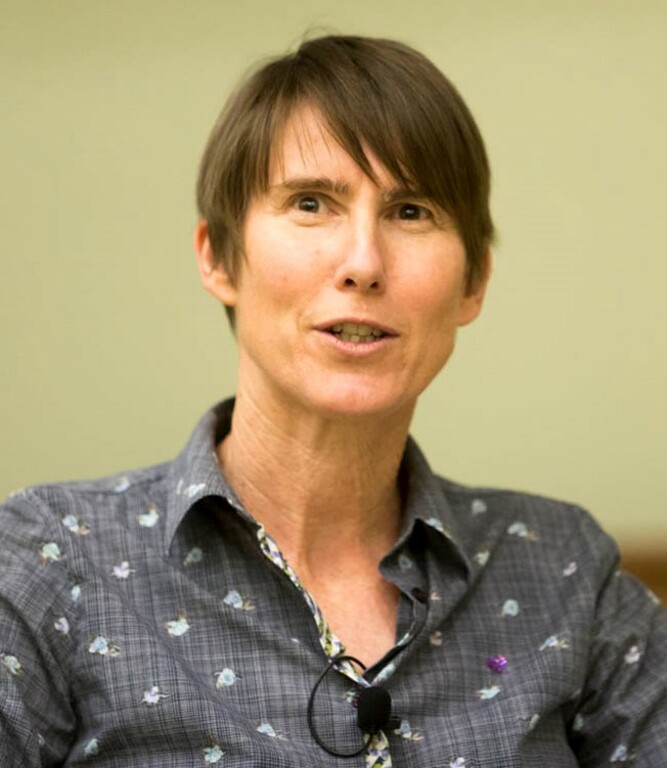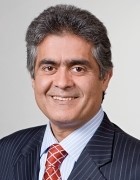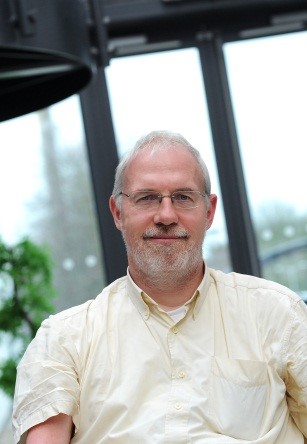Keynote Speakers
Victoria Brazil
|
Victoria Brazil is an emergency physician and medical educator. She is professor of Emergency Medecine and Director of Simulation at the Gold Coast Health Service, and at Bond University Medical Program. Victoria's main interests are in connecting education with patient care through healthcare simulation, technology-enabled learning, faculty development activities, and talking at conferences. Victoria is an enthusiast of social media and #FOAMed world (@SocraticEM), and she is co-producer of Simulcast (Simulationpodcast.com) Victoria is the Lou Oberndorf speaker. |
Nassir Navab
|
Nassir Navab is a professor and director of the Laboratory for Computer Aided Medical Procedures, Technical University of Munich, and part-time at Johns Hopkins University. He also has secondary faculty appointments at both affiliated Medical Schools. He completed his PhD at INRIA and University of Paris XI, Paris, France, and enjoyed two years of post-doctoral fellowship at MIT Media Laboratory before joining Siemens Corporate Research (SCR) in 1994. At SCR, he was a distinguished member and received the Siemens Inventor of the Year Award in 2001. He received the SMIT Society Technology award in 2010 and the ‘10 years lasting impact award' of IEEE ISMAR in 2015. In 2012, he was elected as a Fellow of the MICCAI Society. He has acted a member of the board of directors of the MICCAI Society from 2007-2012 and 2014-2017, and serves on the Steering committee of the IEEE Symposium on Mixed and Augmented Reality (ISMAR) and Information Processing in Computer Assisted Interventions (IPACI). He is the author of hundreds of peer reviewed scientific papers, with more than 19,000 citations and an h-index of 68 (as of April 2018). He is the author of more than thirty awarded papers including nine at MICCAI. He is the inventor of 47 granted U.S. patents and more than 50 International ones. His current research interests include multimodal imaging, augmented reality in medical education and training, computer-aided surgery, medical robotics, and machine learning. |
Terry Young
|
His simulation and modelling experience dates from the 1980s with the use of finite elements and fast-Fourier-transforms to study infrared lasers, modulators and other photonic components in an industrial reasearch lab. More recently, his modelling interest has focused on designing healthcare services and the flow of staff and patients. From a PhD in atomic physics at Birmingham University, he pursued an industrial research career in photonic device modelling and systems research, while developing as a research manager. His academic research, since 2001, has been into care deliveery services and systems. A Top 50 Innovator, according to The Health Service Journal in 2013 and a Fellow of the British Computer Society, he has published on: communications, health economics, information systems, numerical modelling, optoelectronics, spectroscopy, and technology adoption (http://scholar.google.co.uk/citations?user=unBF35cAAAAJ&hl=en&oi=sra). The Cumberland Initiative (www.cumberland-initiative.org) builds on all this, bringing academics, companies and clinical staff together to realise a step change in the efficiency and quality of care delivery, plus the prospect of new jobs from an expanded knowledge sector around health. The Cumberland Institute was opened as a national centre in 2015. His sabbatical research is to establish methods to assess the value-for-money case for modelling healthcare services. |



